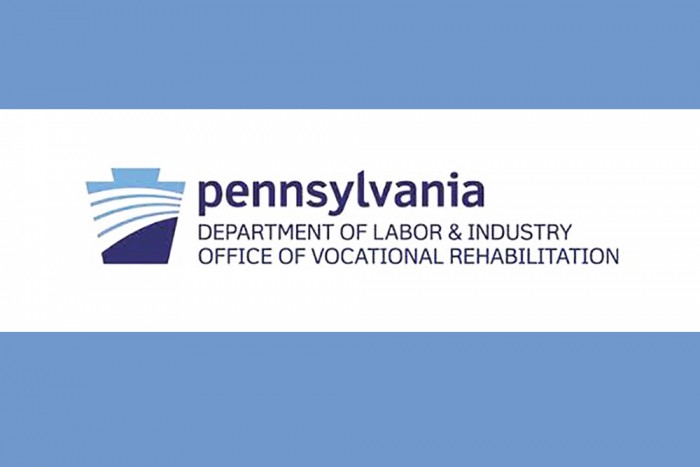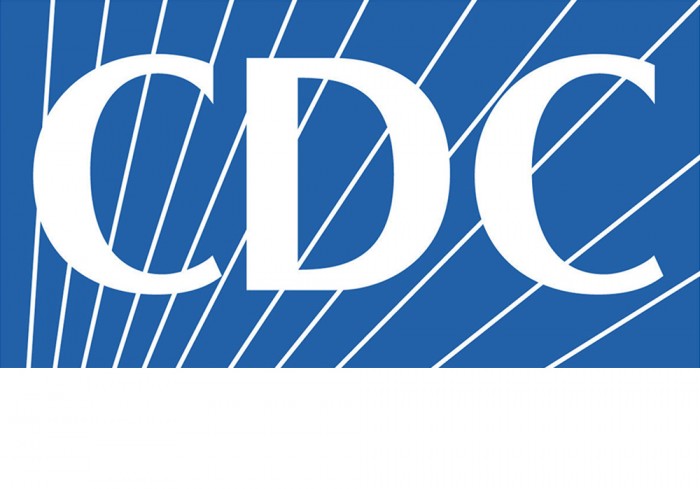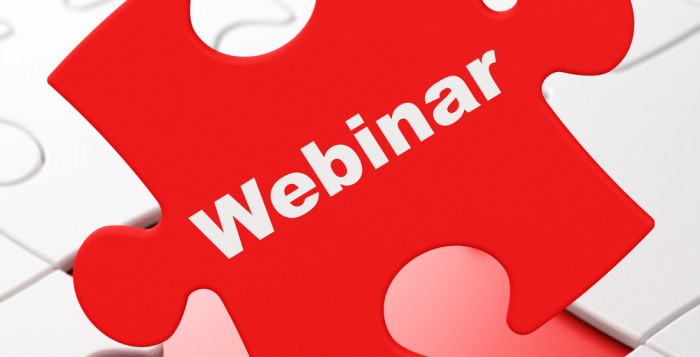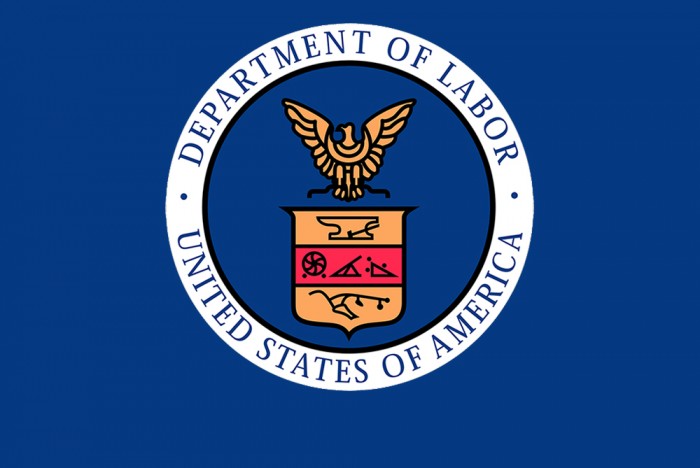The Association for People Supporting Employment First (APSE) presented a webinar addressing Strategies for Providing Remote Employment Services. The presentation was recorded and is available for viewing.
An additional training webinar is available on Wednesday, August 5: Rethinking Employment Services and Supports in the COVID-19 Era.
Register for the webinar on Wednesday, August 5, at 2:00 pm – 3:30 pm ET
While the COVID-19 pandemic poses many challenges, it is also an opportunity to reimagine many aspects of home- and community-based services (HCBS). In partnership with the U.S. Department of Health and Human Services, Administration for Community Living and Office of the National Coordinator for Health Information Technology (ONC), Mission Analytics is conducting a three-part webinar series to explore how the pandemic offers opportunities to rethink and redesign HCBS.
The COVID-19 pandemic has required many organizations to serve as innovators and inventors, partners, and problem-solvers. In response to the pandemic, many states and intellectual and developmental disabilities (ID/DD) service providers successfully pivoted implementing 1915(c) waiver Appendix K strategies and innovative approaches to ensure continuity in home and community-based services (HCBS), and overall health and safety.
Each webinar in the series will review the Appendix K approaches implemented in state ID/DD waivers, providers’ strategies to deliver services during shelter-in-place and social distancing requirements, and potential changes to ID/DD payment structures that could give providers greater flexibility while promoting independence and inclusion of people with ID/DD.
The first webinar will focus on Supported Employment Services. Topics to be covered in future additional webinars are Day Services and Transportation.
Speakers for the August 5 webinar on Supported Employment Services:
- Peggy O’Brien-Strain, President, Mission Analytics Group, Inc.
- Marian Frattarola-Saulino, Co-Founder/Executive Director, Values into Action
- Gail Godwin, Executive Director, Shared Support Maryland, Inc.
- Duane Shumate, Director of Youth Transition/Employment, Missouri Department of Mental Health Division of Developmental Disabilities
- Arun Natarajan, Senior Policy Analyst, The Office of the National Coordinator for Health IT, U.S. Department of Health and Human Services
After registering, you will receive a confirmation email containing information about joining the webinar. For more information, please send questions via email.
















